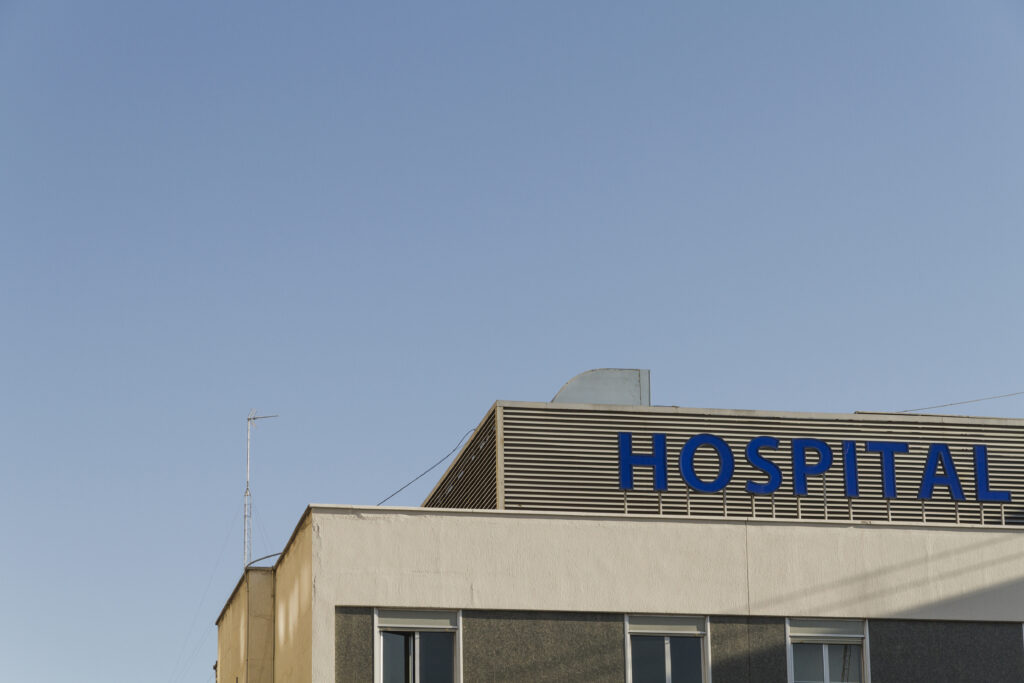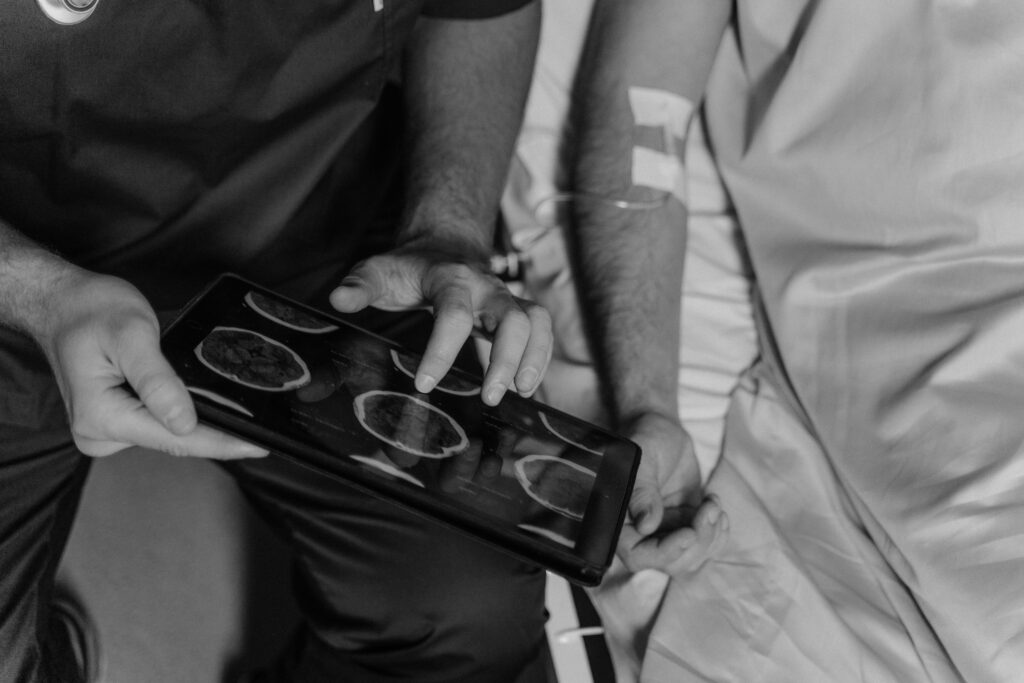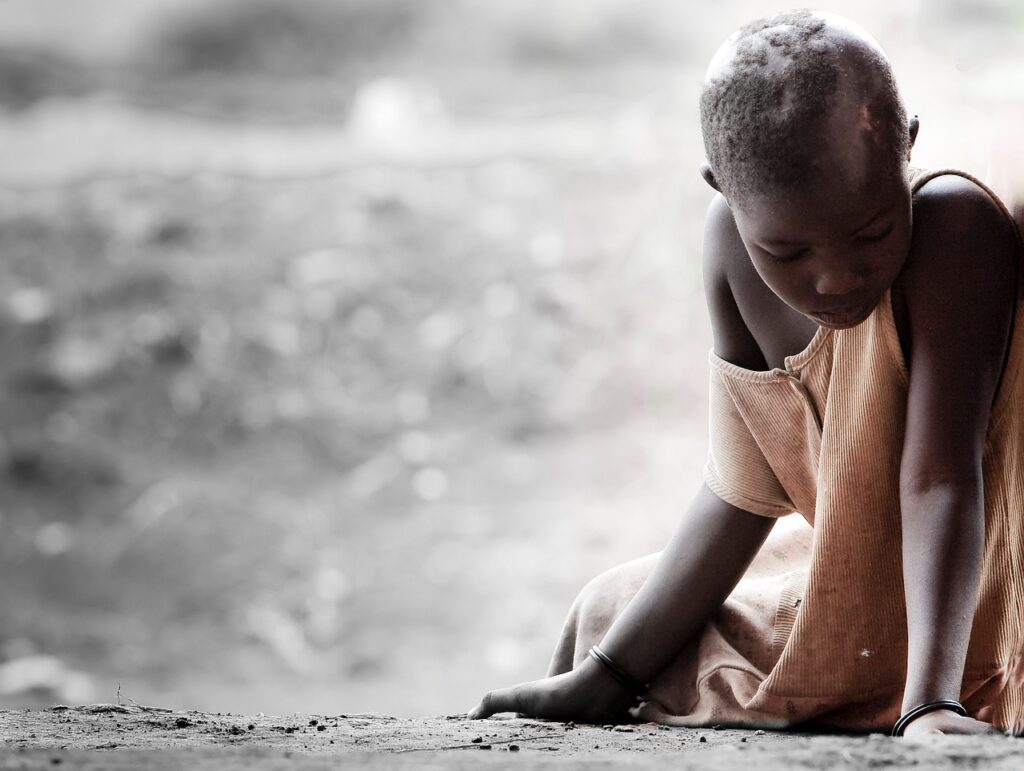Childhood cancer is a heart-wrenching reality that affects the lives of young children all around
the world. In developed nations like the Netherlands, children have access to comprehensive
medical care and treatments, something we’re incredibly thankful for. It gives them with hope and
a chance at recovery. However, in African countries such as Kenya and Tanzania, where resources
are scarce, childhood cancer presents an exceptionally challenging situation.
The Impact of Childhood Cancer in Kenya and Tanzania
Childhood cancer not only impacts individual children and their families but also has profound
repercussions for entire communities and countries. In Kenya and Tanzania, hospitals face
enormous challenges in providing adequate care for children with cancer. The lack of specialized
treatment centers, diagnostic equipment, and trained staff makes the battle against childhood
cancer incredibly tough in these nations. Ultimately, the goal is to offer the best care to these children, but given the current resource constraints, the chance of recovery is almost non-
existent, even if cancer is detected.
In the Netherlands, survival rates for childhood cancer hover around 75%, while in Kenya and
Tanzania, children have only about a 10% chance of survival. This stark contrast in survival rates
highlights the pressing need for change. Children in Africa deserve the same opportunities for a
healthy and happy life as their counterparts in other parts of the world.
Although treatments available in developed nations are not yet entirely perfect, we can still make
a significant difference in the lives of African children. Currently, there’s progress in childhood
cancer treatment in developed countries, but there’s still plenty of room for improvement.
Chemotherapy and radiation therapy are the most commonly used treatments for childhood
cancer, saving lives but also carrying side effects and potential harm to a child’s body.
Regrettably, the current treatment is still insufficient to save all children with cancer, even in our
own country.
By enhancing medical equipment, training medical personnel, and providing financial support, we
can increase survival rates and enhance the quality of life for these children. Every contribution
we make brings them one step closer to hope and recovery. It’s vital to acknowledge that
childhood cancer is a global issue that knows no borders. By directing our attention to
underprivileged countries and assisting them in improving healthcare, we’re working toward a
world where children everywhere have the best chances of recovery and a healthy future.


